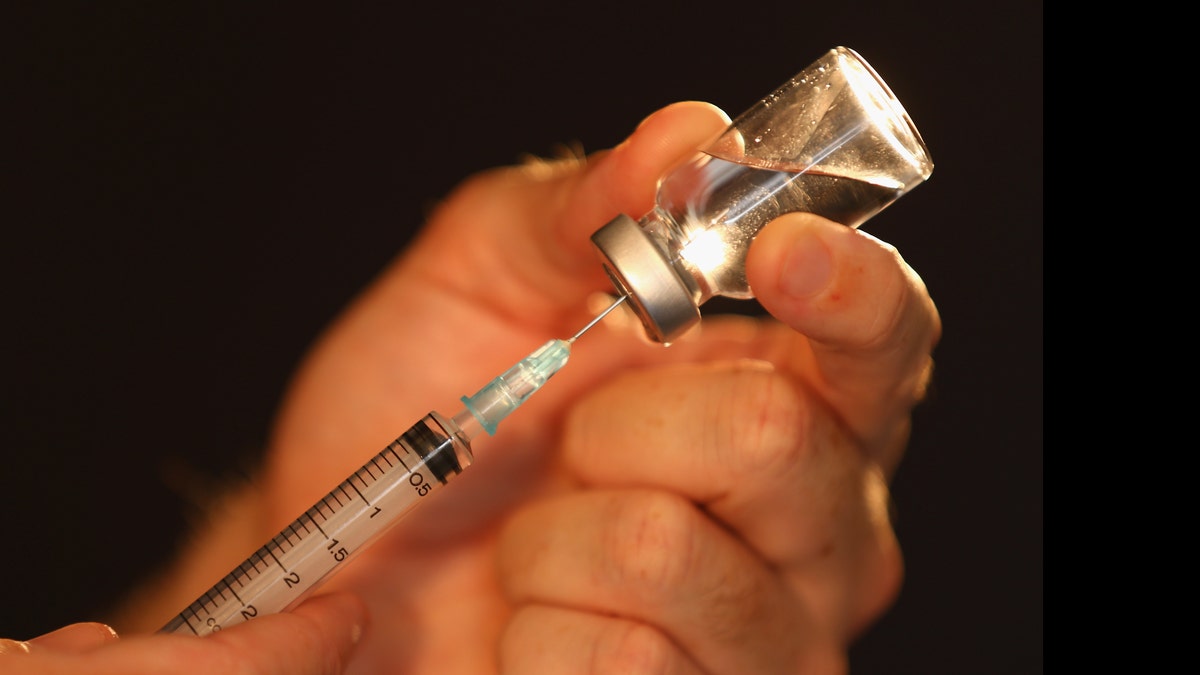
MELBOURNE, AUSTRALIA - FEBRUARY 21: Liquid is extraced from a medical vial with a syringe on February 21, 2013 in Melbourne, Australia. The Australian Crime Commission on Thursday released findings from a 12 month investigation into Australian sport, uncovering the possibility of match fixing, drugs in sport and links to organised crime. (Photo by Robert Cianflone/Getty Images) (2013 Getty Images)
A review of sterilization requests in the last century found that a disproportionate number of people with Spanish surnames who were in California psychiatric institutions and homes for the developmentally disabled underwent the procedure, according to a new study.
The patients were sterilized at rates between 20 to 30 percent, according to a study by University of Michigan professor Alexandra Minna Stern and graduate student Natalie Lira.
Looking at thousands of sterilization requests by the California superintendents of state institutions, the researchers found indications of “ethnic and racial bias in sterilization procedures,” according to the University of Michigan website.
Some 20,000 California sterilizations were performed in institutions where the patients were kept. In one institution, the Pacific Colony, more than 2,000 procedures were performed.
The majority of sterilizations occurred between 1922 and 1952, based on the 1909 eugenics law, which made it legal to sterilize the ‘feeble-minded,’ the website said.
"This historical research raises important questions about the lingering legacy of eugenics in contemporary California and the ongoing struggle for women's reproductive rights in the Americas," the site quoted Stern as saying.
The researchers found that among those who protested the most vociferously against the “eugenic sterilization” were Mexican parents of youth who were sterilized. The Mexican consulate and Catholic Church officials also took part in supporting the parents, the researchers found.
"This anticipated the reproductive justice movement," said Lira, according to the website.
This pattern of discrimination, the website said, set the stage for the nonconsensual sterilization of Mexican women at the University of Southern California-Los Angeles County Hospital in the 1970s.
The issue was documented in the soon to be released film, ‘No Mas Bebes por Vida.’
Follow us on twitter.com/foxnewslatino
Like us at facebook.com/foxnewslatino








































